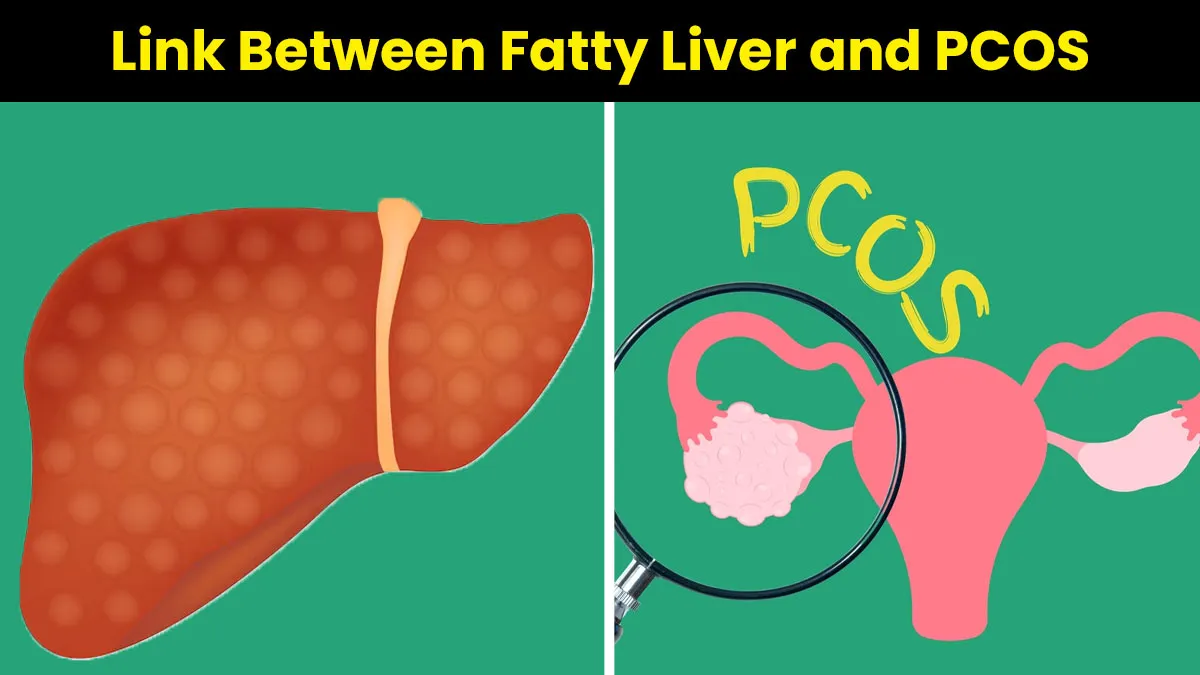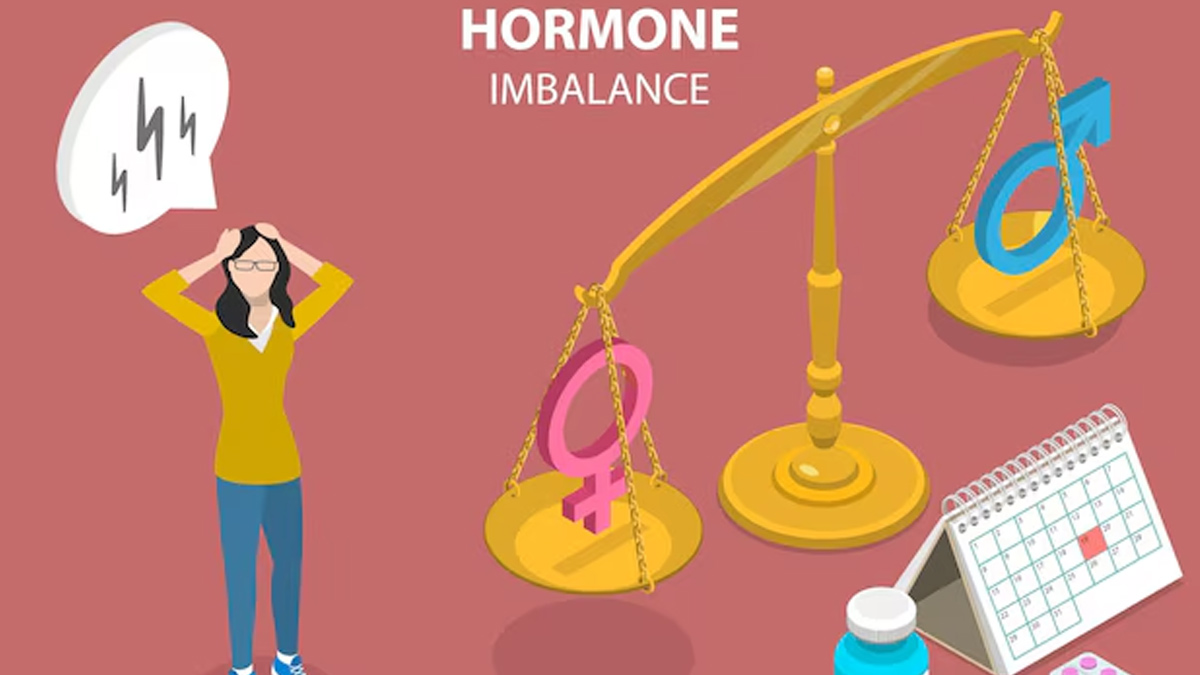
In today’s fast-paced world, two seemingly separate health conditions, Polycystic Ovary Syndrome (PCOS) and Non-Alcoholic Fatty Liver Disease (NAFLD), commonly known as Fatty Liver, are quietly rising in prevalence, particularly among young women. While they affect different organs, there is a strong metabolic and hormonal bridge between the two. Understanding this connection is critical to early intervention and better health outcomes.
Table of Content:-
We spoke to Dr Latika Singh Sinsinwar, Consultant Obstetrics and Gynaecology, Fortis Hospital, Greater Noida, who explained the hormonal and metabolic connection between fatty liver and PCOS.
The Hidden Connection

"PCOS is a common hormonal disorder affecting women of reproductive age, causing various health issues. It can cause irregular menstrual periods, elevated androgen levels and polycystic ovaries. On the other hand, a fatty liver entails fat deposition in the liver cells without alcohol consumption. What links them is referred to as insulin resistance," explained Dr Sinsinwar.
According to the World Journal of Gastroenterology, the occurrence of NAFLD is higher in individuals with PCOS, which is a prevalent endocrine disorder among premenopausal women. It is crucial to screen PCOS patients, especially those who are obese and have metabolic syndrome, for NAFLD.
The primary role of insulin, which is a hormone, is to regulate blood sugar. In both conditions, our body becomes less sensitive to insulin, leading to hyperinsulinemia (elevated insulin levels). "This can result in not only fat accumulation in the liver but also increased androgen production in the ovaries, leading to hormonal imbalance," added Dr Sinsinwar.
Also Read: Liver Health: Why The Detox Machine In Your Body Needs More Maintenance Than You May Think
Hormonal Disruptions and Fat Accumulation

In PCOS, hyperinsulinemia may stimulate the ovaries to produce excess androgens, like testosterone, and produce symptoms of acne, baldness, and abnormal menstrual cycles. "Excess insulin and androgens also cause central obesity, one of the primary precipitants of fatty liver disease. Fat from visceral tissues spews free fatty acids into the liver, inducing steatosis (fat storage)," said Dr Sinsinwar.
Acute Inflammation
PCOS and NAFLD are associated with chronic low-grade inflammation that exacerbates insulin resistance and causes tissue injury. In the liver, it can ultimately progress to Non-Alcoholic Steatohepatitis (NASH), a worse condition that develops into liver fibrosis or cirrhosis.
Also Read: Is Your Hormonal Imbalance To Be Blamed For Your Weight Gain? Find Out From The Expert
Obesity and Lipid Imbalance

PCOS women can have weight gain and abnormal lipid profiles—increased triglycerides, decreased HDL (good cholesterol), and in some cases, increased LDL (bad cholesterol). These lipid abnormalities can worsen hepatic fat accumulation, which is likely to be the culprit for cardiovascular complications.
Bottomline
Dr Sinsinwar concluded, “With the help of lifestyle interventions targeting weight loss, improved insulin sensitivity, and hormonal balance, you can manage both conditions. By following a balanced diet and engaging in regular physical activity, you can further support your health. In some cases, some drug supplements can be beneficial in reversing or controlling metabolic imbalances. A regular screening program, early detection, and lifestyle modification are also recommended to break this metabolism cycle.”
[Disclaimer: This article contains information provided by an expert and is for informational purposes only. Hence, we advise you to consult your professional if you are dealing with any health issue to avoid complications.]
Also watch this video
How we keep this article up to date:
We work with experts and keep a close eye on the latest in health and wellness. Whenever there is a new research or helpful information, we update our articles with accurate and useful advice.
Current Version